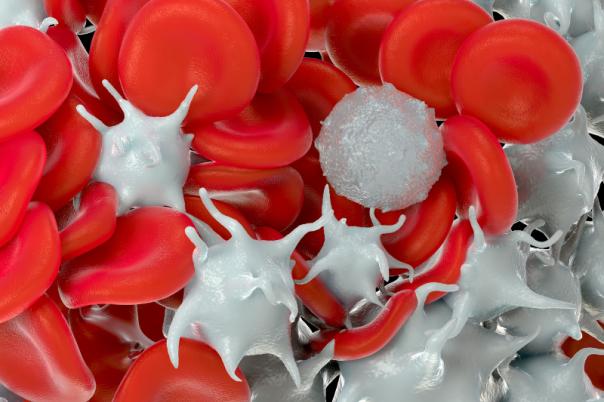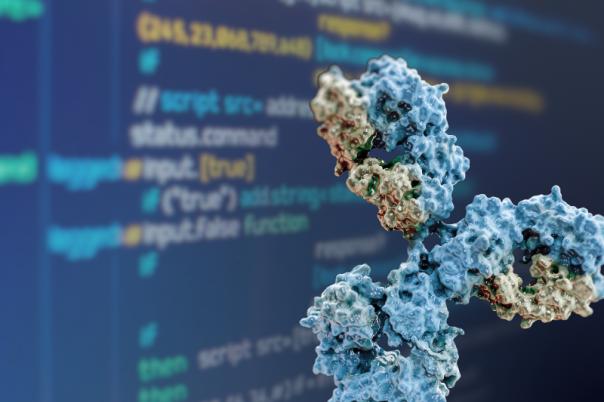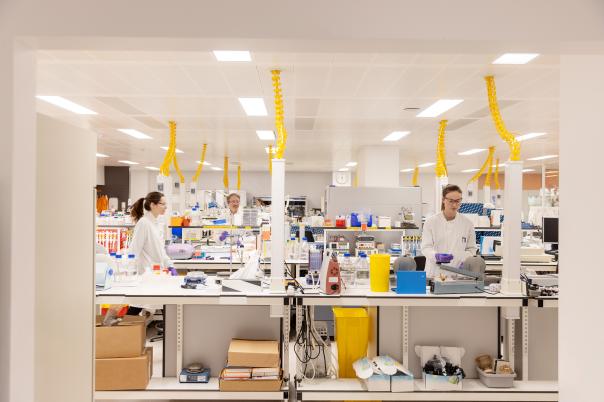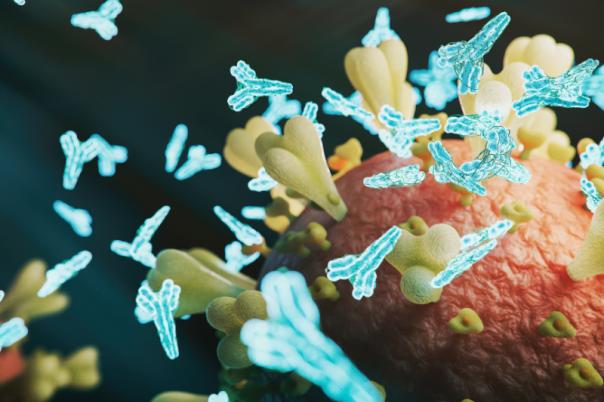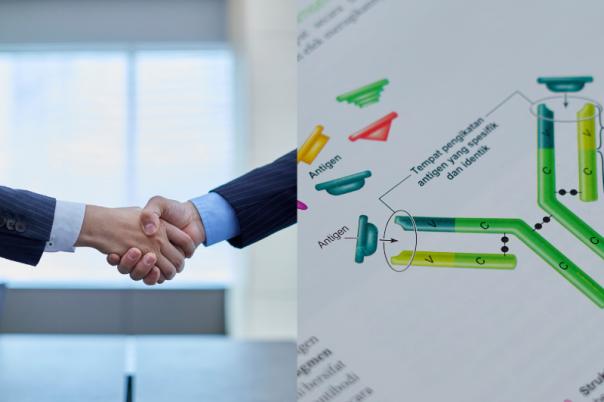John Maher, Chief Scientific Officer at Leucid Bio, discussed his work on developing a CAR that is based on the NKG2D receptor to target common adult-onset solid tumours. One of the most potent inducers of NKG2D ligand expression is DNA damage, a hallmark of cancer. Yet, other stressors including metabolic stress, cytokine-induced stress, and reactive oxygen species can also trigger these ligands to be expressed in malignant diseases. This represents a natural immune surveillance mechanism to detect potentially dangerous cells in the body. However, as cancer progresses, these ligands are cleaved and shed, leading to the downregulation of the NKG2D receptor.
Leucid Bio is not the first company to develop CAR T cell therapies for solid tumours. For example, Celyad Oncology, a Belgian biotech developed a CAR that was reasonably safe but displayed limited efficacy. Maher and his group decided to redesign the CAR structure to co-express full-length NKG2D with a fusion of Dap10 and Dap12. They named this adaptor CAR LEU002. This second-generation CAR aimed to deliver both activating and co-stimulatory signals.
They tested the LEU002 in vitro and discovered that it consistently outperformed Celyad’s oncology CAR. Maher added that the adaptor CAR showed better function, particularly in areas such as enhanced T cell proliferation and cytokine production.
Moving on to in vivo studies, tumours were implanted in mice and then treated with various CAR Ts. The results showed that the Celyad oncology CAR had very little therapeutic efficacy in this model despite the expression of high levels of NKG2D ligands by these tumours. Meanwhile, the adaptor CAR reduced tumours in mice.
Maher and his team also investigated adding CXCR2, a chemokine receptor, to CAR T cells to traffic the CAR T cells towards the tumours. By armouring the adaptor CAR with CXCR2, there was an increased flux of T cells to the tumour site. Maher also suggested that adding CXCR2 may also facilitate the infiltration of CAR T cells as well as trafficking.
This was tested in vivo on several xenograft models that were carried out with these CAR T cells. A subcutaneous pancreatic CFPAC-1 model showed that when treated with the original Celyad CAR, the tumour can be controlled for 50 days but then relapses. With the adaptor CAR LEU002, the tumour can be controlled for 100 days before a relapse. When treating the tumour with the armoured version of the CAR, LEU011, the tumour regresses in all animals even though the baseline tumour burden was slightly higher in that group.
Finally, the team has started manufacturing the product for their first patient. The AERIAL trial seeks to recruit patients with common adult-onset solid tumours expressing NKG2D ligands. Maher gave an overview of the dose escalation and dose expansion processes, explaining that the composition of the expansion cohort is highly dependent on any signals that may appear during the early stages of the trial.


